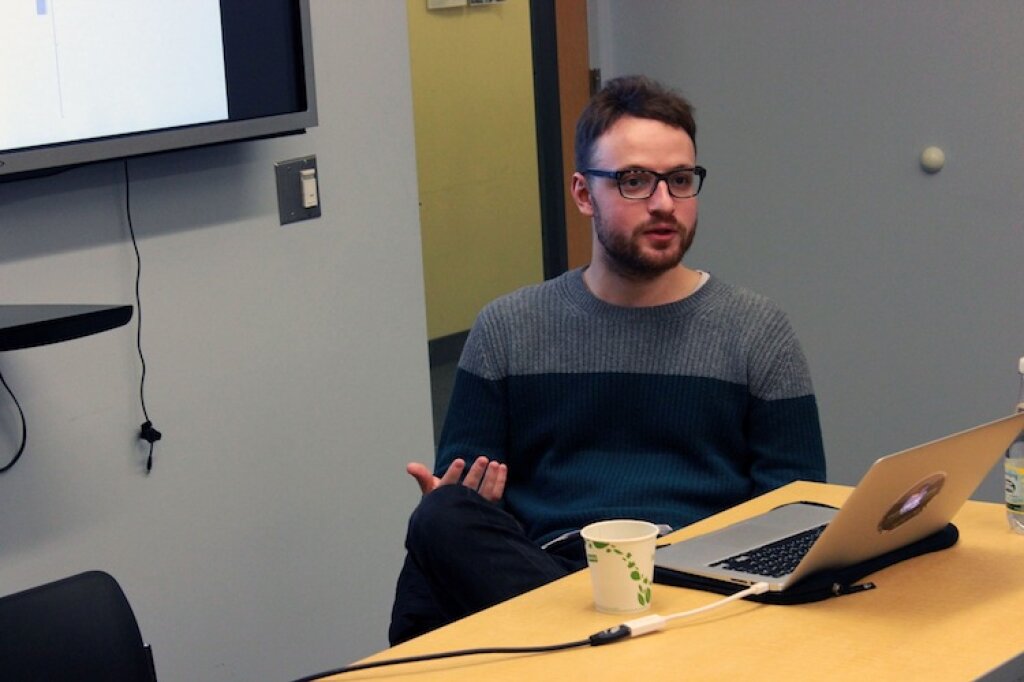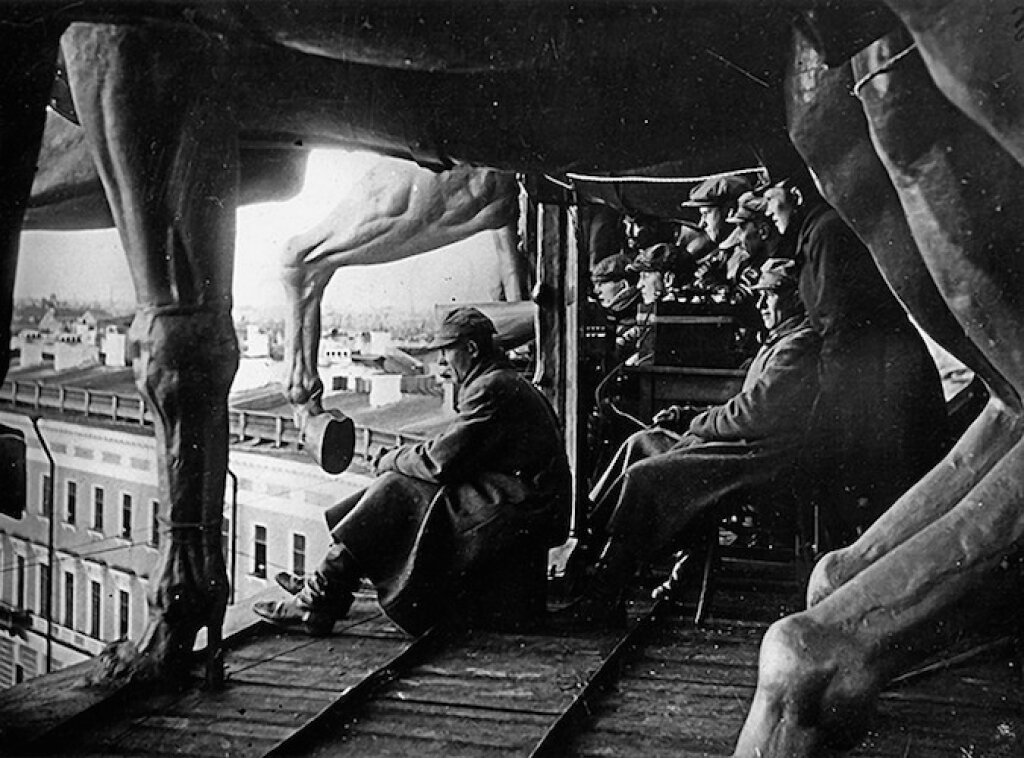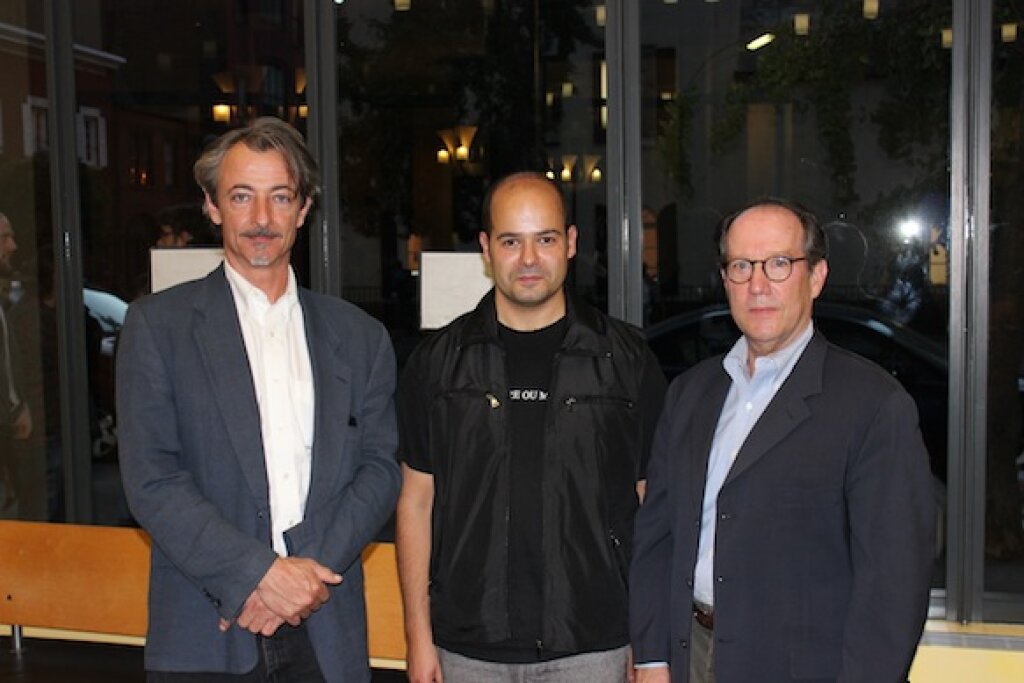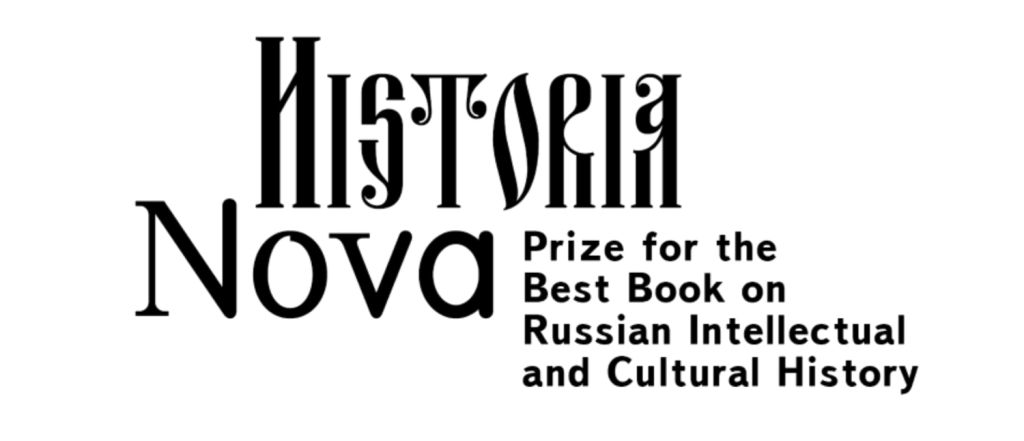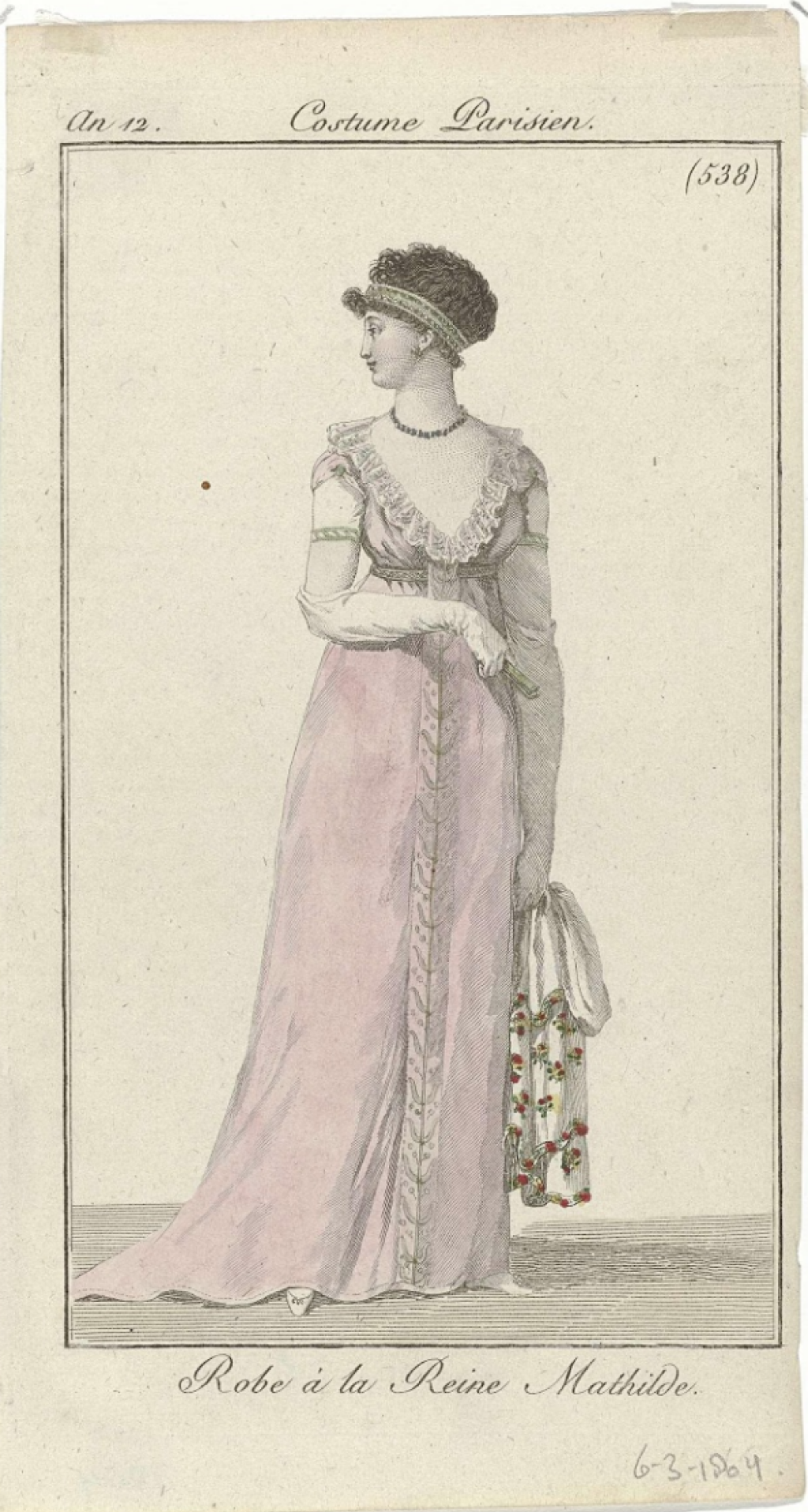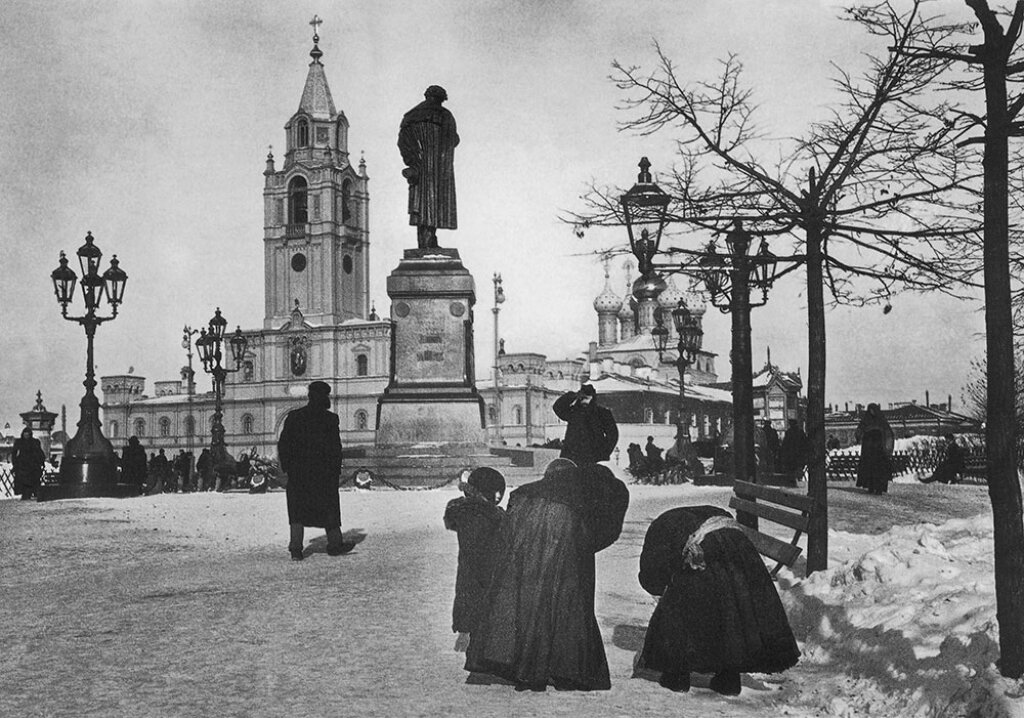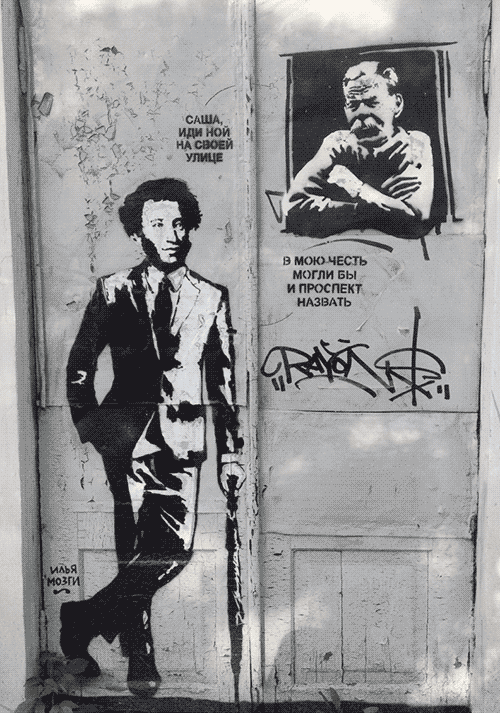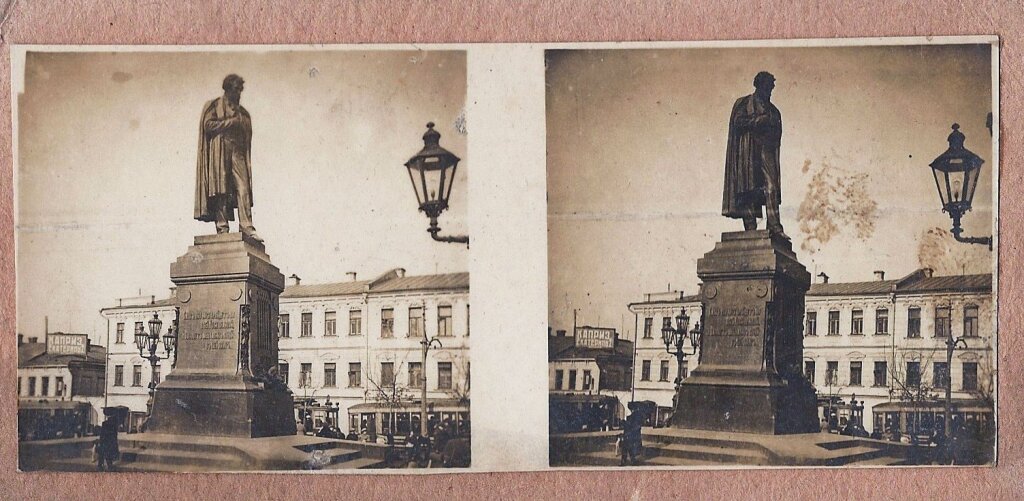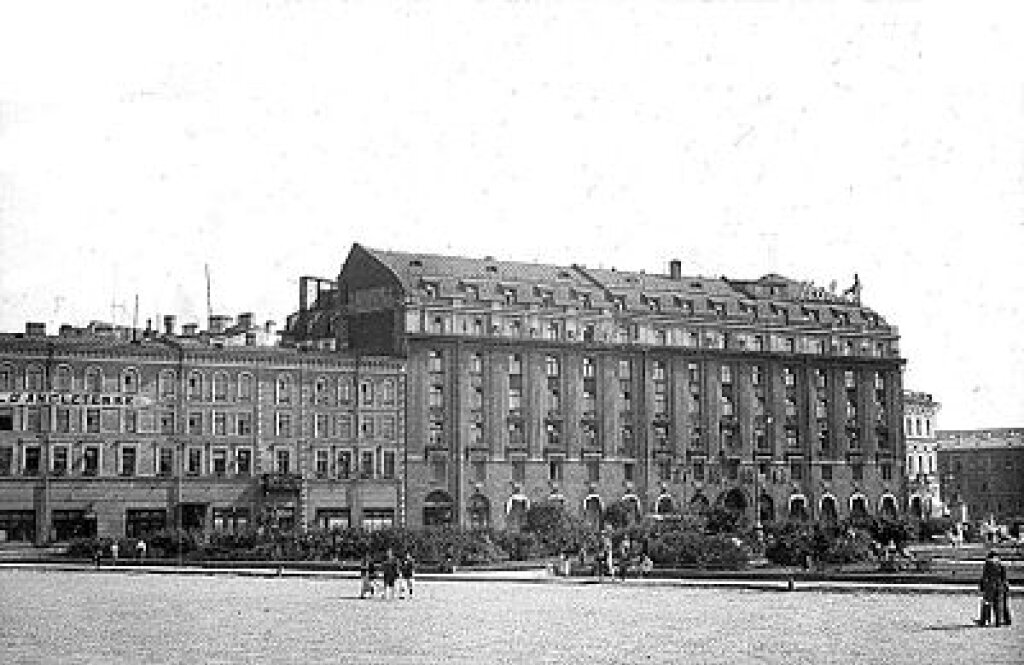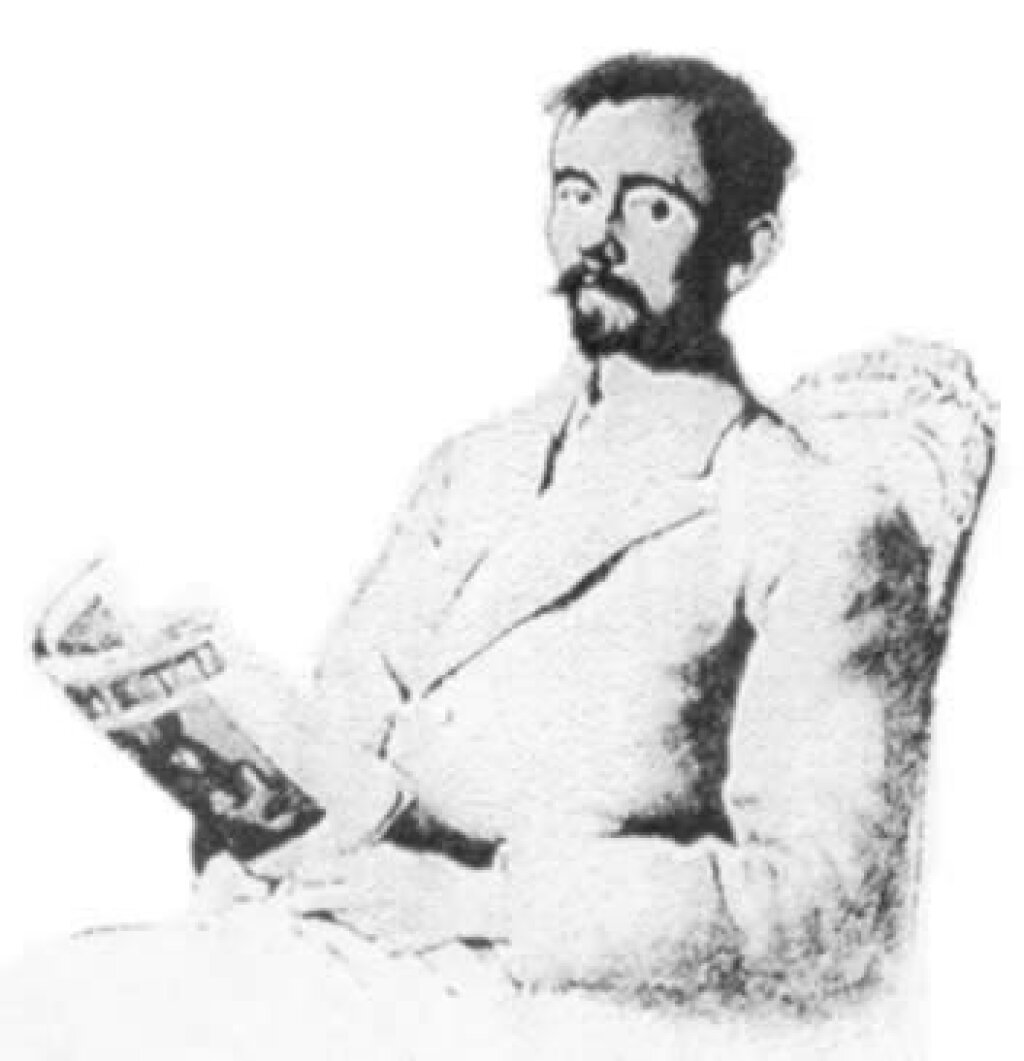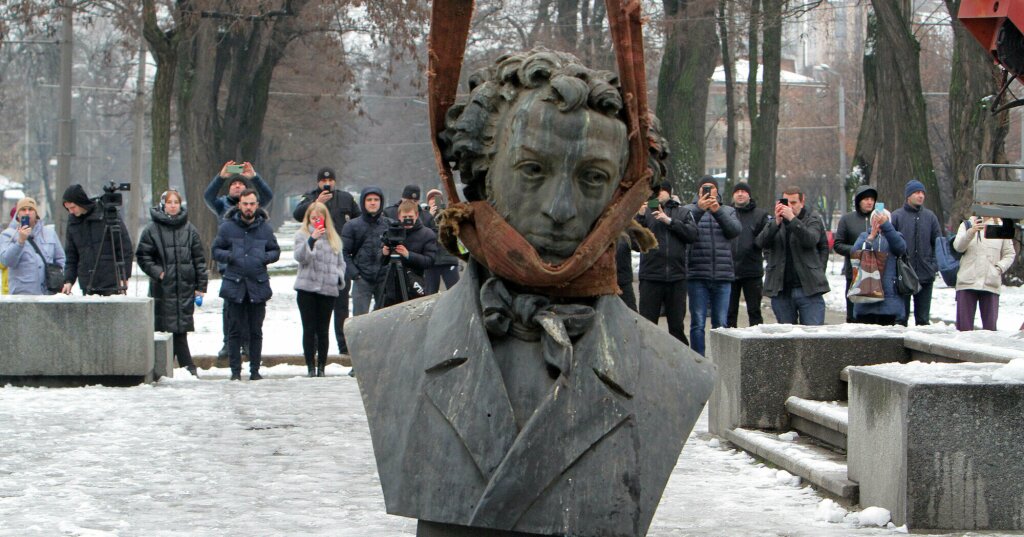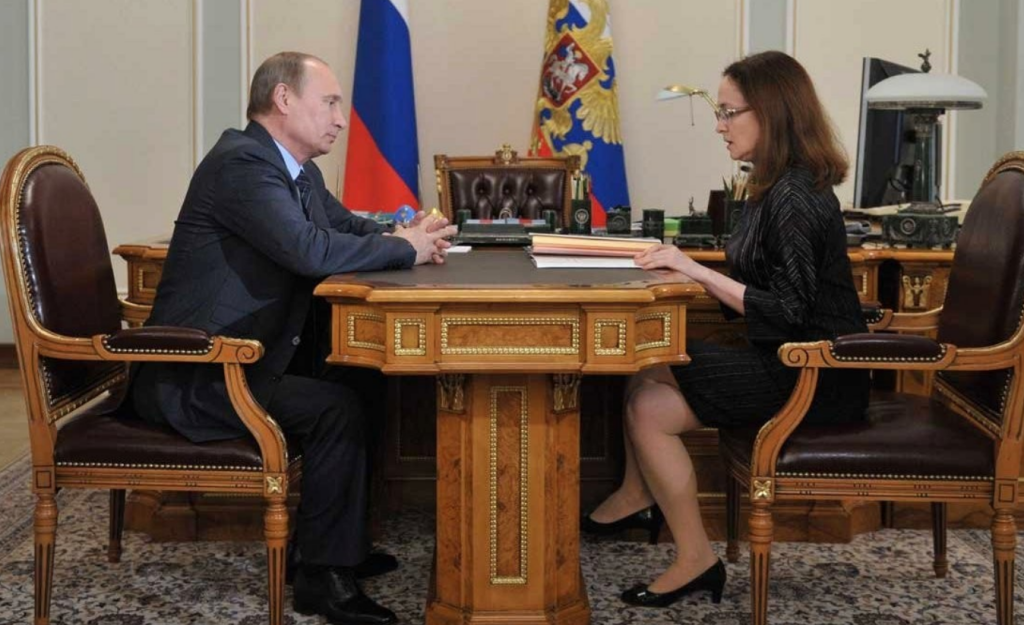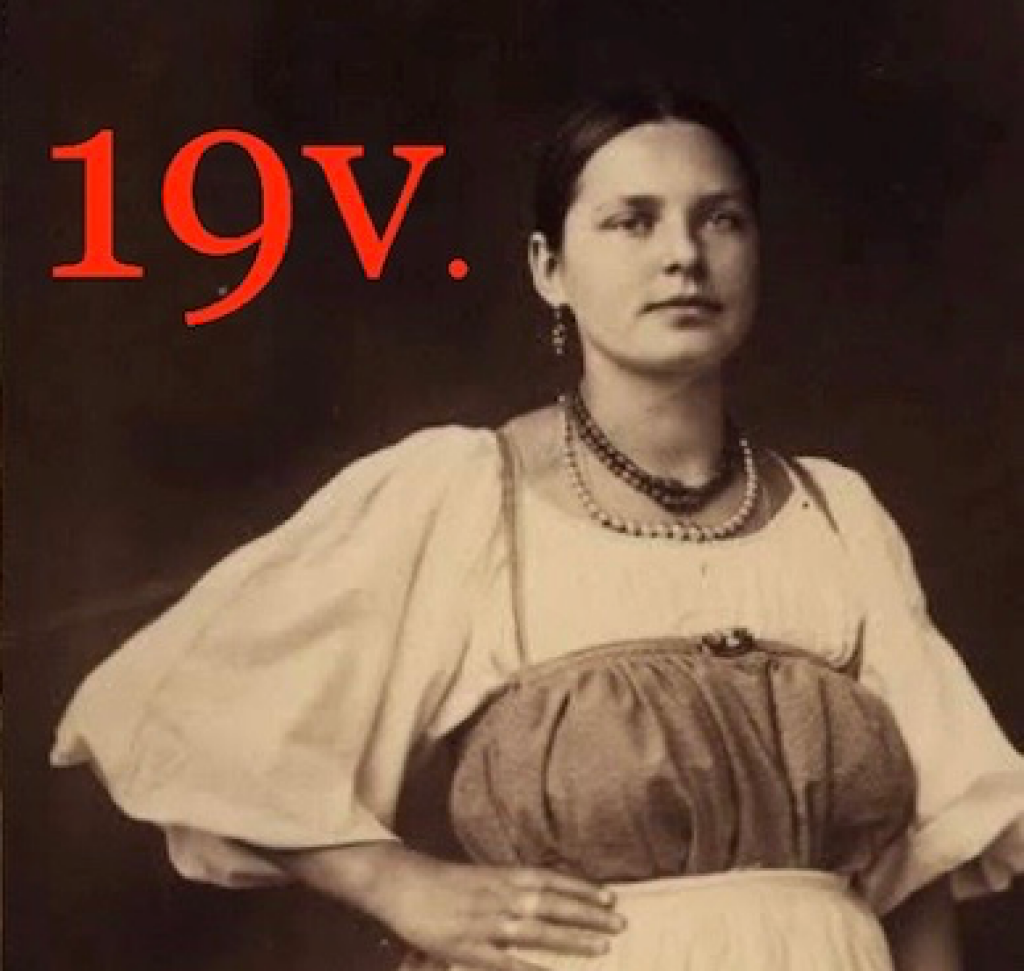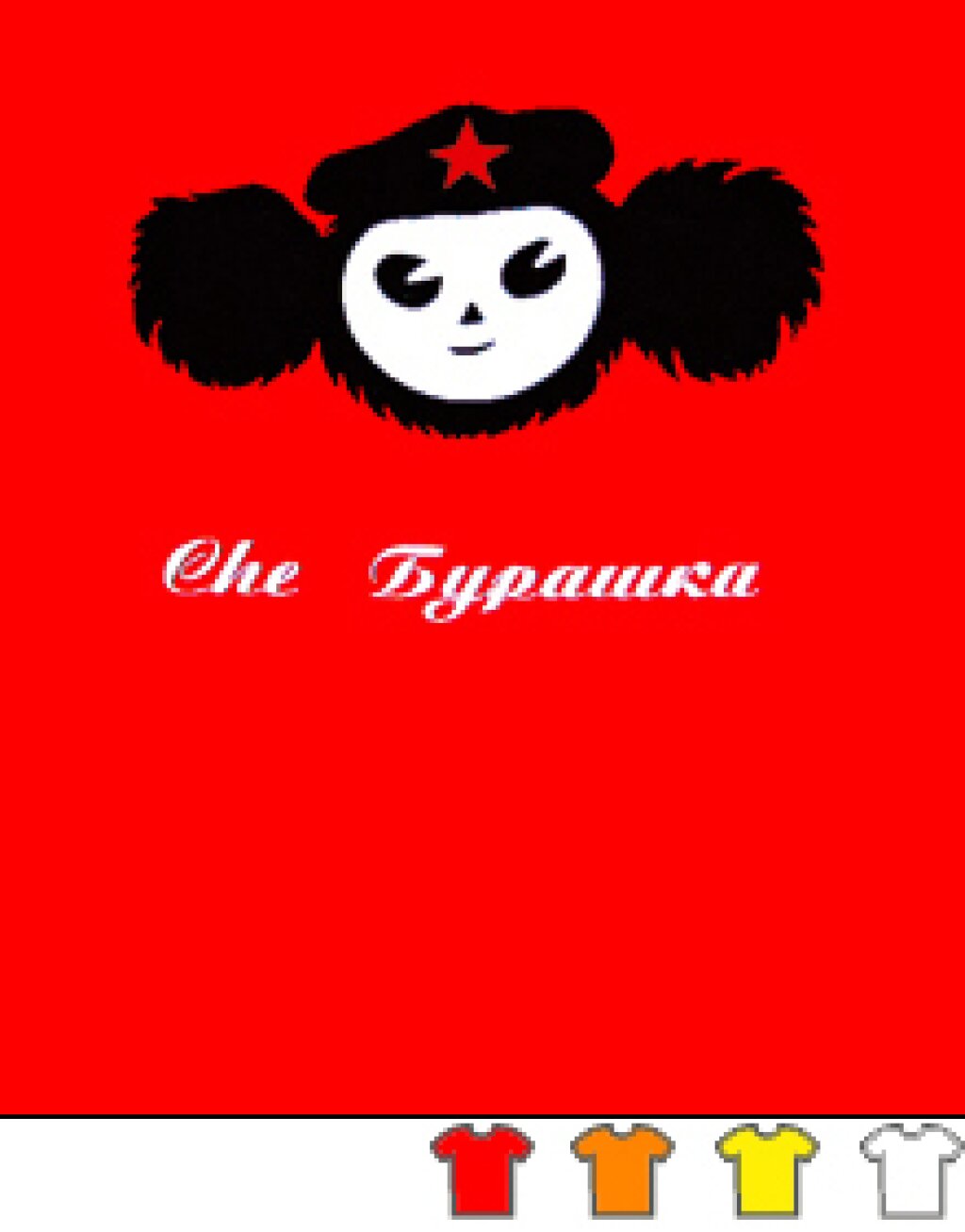Featured
Ilya Matveev reflects on the Russian economic crisis
On April 4, 2016, the NYU Jordan Center for the Advanced Study of Russia welcomed Ilya Matveev from the European University in St. Petersburg for a lecture titled “Austerity and...
Ilya Budraitskis on what the 1917 revolution means to contemporary Russia
The way we can discuss revolutions is a political choice.
Presnya: a Discussion with Ilya Budraitskis
The Tashkent Film Festival was a major venue for international exchange among the filmmakers, critics, as well as the politically engaged artists worldwide, and a unique screening space for World Cinema in the 1960s-1970s.
3 Questions: Russian intellectual history as a practice and project (Historia Nova Interviews)
What kinds of intellectual projects would be most beneficial for our shared fields?
War and Pestilence: The Epidemiological Motif in L. N. Tolstoy's Historical Epic
In the motivic structure of "War and Peace," the “mythical” French "grippe" of Anna Petrovna Scherer occupies a unique position. It is a simultaneously socio-linguistic, satirical, historical, moral, and providential...
The Last Will and Testament of Sergei Esenin: Cultural History of a Mystification, Part I
In this article, I’d like to turn away from heated debates over Esenin’s alleged “killers,” or unprofessional falsifiers of literary history, toward an apparently calmer place. I will focus on...
Bitter Taste: How Gorky Saved Pushkin’s Honor by Closing His Café, Part I
"The dignity of Russia’s most famous poet, Alexander Pushkin, has been saved, but as a result Moscow’s most pretentious café is now nameless. It all started a few weeks ago...
Bitter Taste: How Gorky Saved Pushkin’s Honor by Closing His Café, Part II
The hysterical reaction by the Soviet establishment to an apparently innocent incident — a reaction that struck at least one Western observer as symptomatic, but still curious — was deeply...
Bitter Taste: How Gorky Saved Pushkin’s Honor by Closing His Café, Part III
Immediately after Gorky's death, rumors began to spread that he had been poisoned by chocolate candies sent to him from the Kremlin. Whether this is true or not, nobody knows....
How Pushkin Became a Cat, Part I
An American magazine article from 1936 plainly states that “the name Pushkin is ideal for a cat.” Why?
How Pushkin Became a Cat, Part II
Sometimes, it turns out, "Pushkin" is simply a fun nickname, in no way “instantly summoning,” as the devoted Gogol put it, “an intimation of Russia’s national poet.”
The Last Will and Testament of Sergei Esenin: Cultural History of a Mystification, Part II
On October 9th, 1927, already after the tragic death of Duncan herself, and again in the Sunday supplement to Hearst’s newspapers, there appeared yet another article, undoubtedly from the same...
The Last Will and Testament of Sergei Esenin: Cultural History of a Mystification, Part III
In the end, he was released as partially insane, for it was noted that he considered himself an incarnation of the Buddha and believed that he desperately needed money to...
Open Letter on the Termination of Russian Studies Faculty at Ohio University
Like you, we are wholeheartedly invested in the survival and recovery of higher education in the United States amid the COVID-19 pandemic. That recovery depends on the will of universities...
New Languages of Hostility and Resistance: Politicizing Russophone Poetry, Part I
Since Russia invaded Ukraine in February 2022, the amount of Russian-language poetry online has skyrocketed. Some poems express support for the war. Others resist not only Russian aggression itself, but also the Kremlin propaganda worldview, which defines the “good” as whatever benefits the regime.
New Languages of Hostility and Resistance: Politicizing Russophone Poetry, Part II
Poetry written in Russian today, even if it makes no mention of the war, finds itself within the magnetic field of horrifying historical events.
How Russia’s Liberal Technocrats Became…Just Technocrats
The idea of liberal technocracy had a long history in Russian politics, but its time has ended. Economic managers now in power in Russia no longer have anything liberal about them.
“Spiritual Materialism” and Realist Discourse
"To endlessly describe nothing but priests/ In my opinion, is boring and out of fashion;/ Now you’re writing in a declining family;/ Don’t blow it, L—v."
Tolstoy’s Kreutzer Sonata on Stage: Domestic Violence and the Economics of Pity, Part II
Pity is weird. We happily extend it to strong figures but we’re stingy with the weak, with actual “victims.”
Mikhail Lermontov Part II: The Flesh Mop
Borrowed culture, without full cognizance of origin, is still pervasive in much of the hipster culture of Russia.




